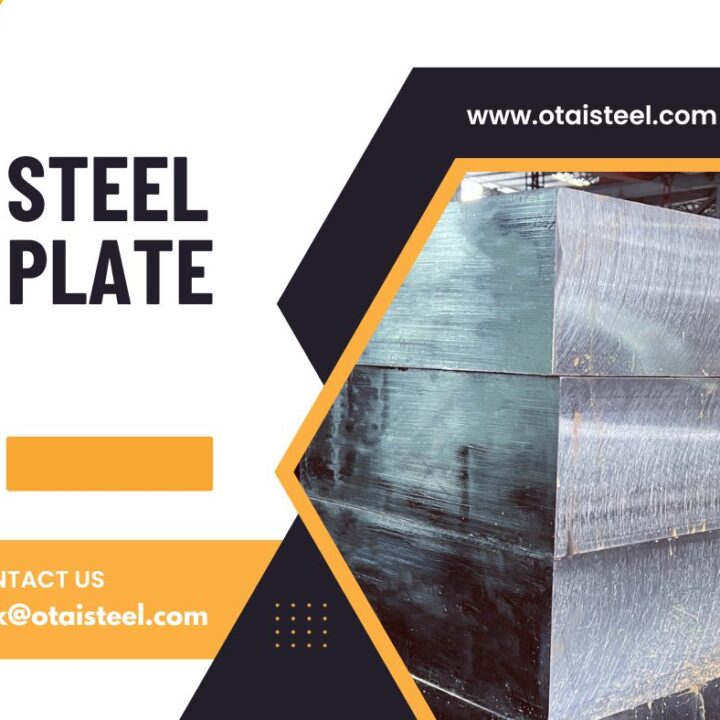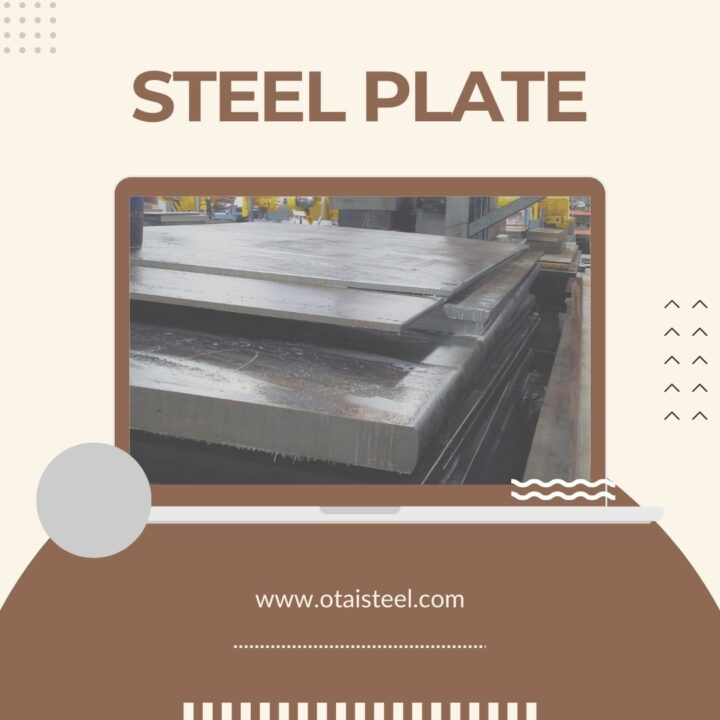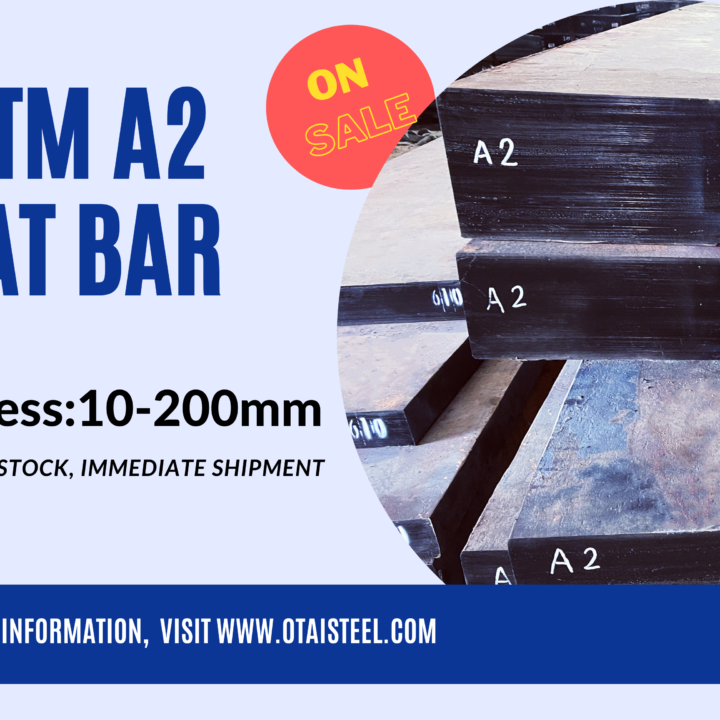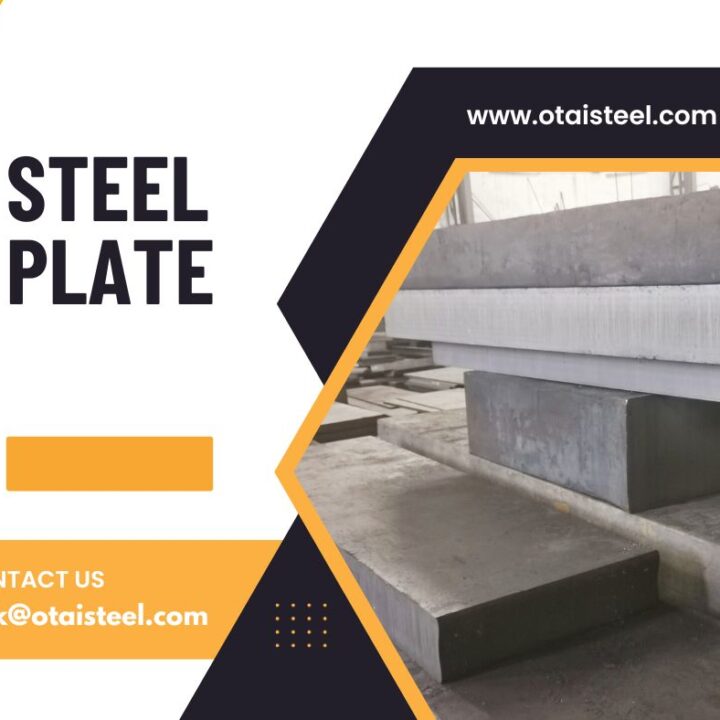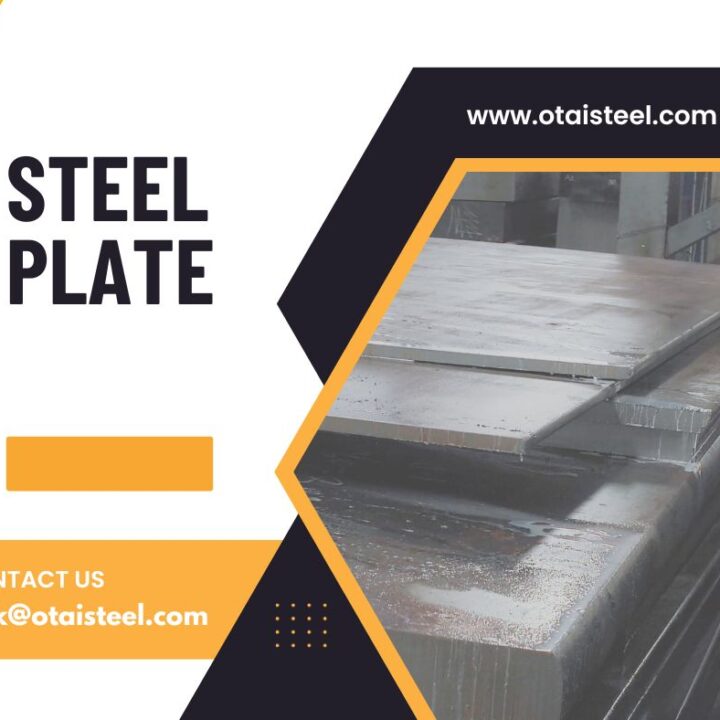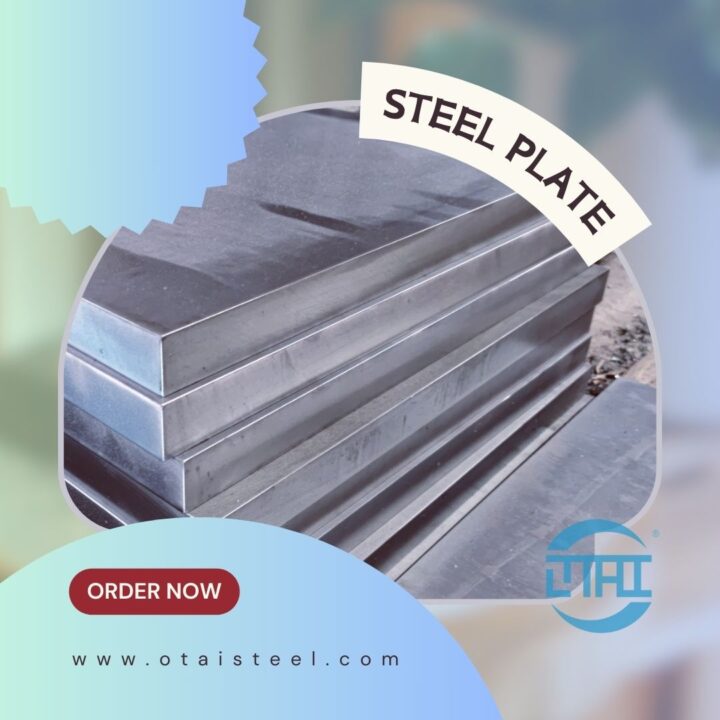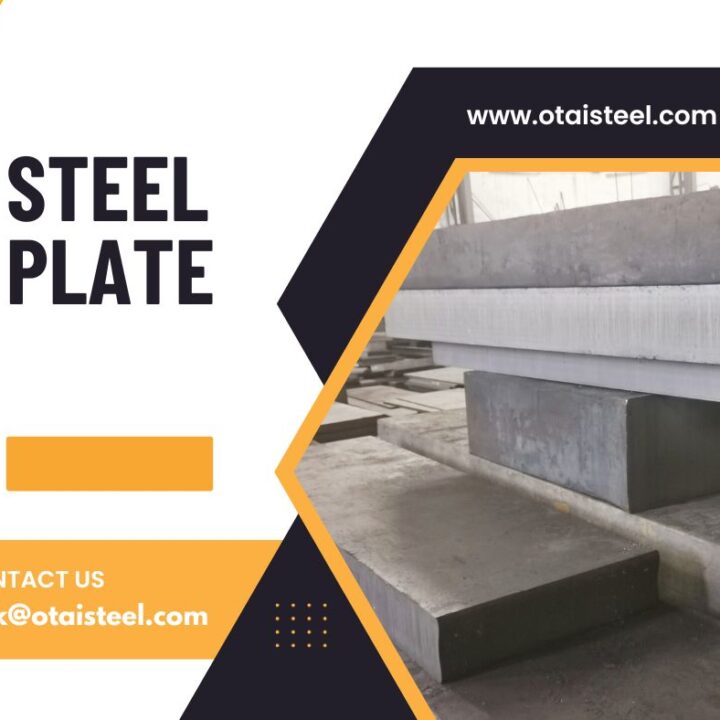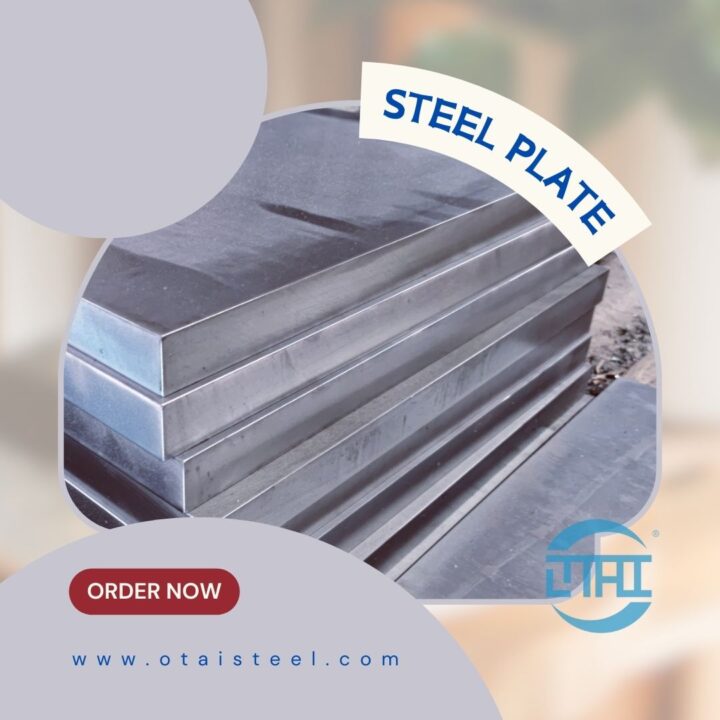Steel is the backbone of countless industries, and when it comes to choosing the right material for your tools and applications, the options can be overwhelming. In this guide, we’ll dissect the attributes of A2 steel and D2 steel, shedding light on standards, chemical compositions, applications, sizes, pricing, and how to find reliable suppliers.
Decoding A2 Steel
Standard and Chemical Composition
A2 steel, a versatile and air-hardening tool steel, adheres to specific standards ensuring reliability. Comprising chromium, molybdenum, and vanadium, its chemical composition contributes to its exceptional toughness and wear resistance.
Mechanical Properties
A2 steel boasts remarkable toughness and wear resistance, making it an ideal choice for various applications, especially in cold working conditions. Its excellent machinability and dimensional stability add to its allure.
Applications of A2 Steel
Versatility in Tooling
A2 steel finds its niche in a wide array of tooling applications. From forming dies to precision instruments, its versatility shines, offering a robust solution for industries that demand precision and durability.
A2 Steel in Plates
The availability of A2 steel in plate form enhances its usability. Different sizes cater to diverse project requirements, allowing for flexibility in design and implementation.
Navigating D2 Steel
Standard and Chemical Composition
D2 steel, a high-carbon, high-chromium tool steel, is known for its wear resistance. Its chemical composition, including a significant carbon content and chromium, contributes to its hardness and dimensional stability.
Tooling Precision with D2 Steel
D2 steel excels in applications requiring high wear resistance, making it a preferred choice for cutting tools, stamping dies, and industrial knives. Its exceptional edge retention sets it apart in precision tooling.
Size, Price, and Suppliers
Choosing the Right Size
Both A2 and D2 steels are available in various forms, including plates. The selection of the right size depends on the specific requirements of your project.
Price Considerations
Understanding the factors influencing the price of these steels is crucial. Factors such as size, quantity, and supplier reputation play a role in determining the overall cost.
Reliable Suppliers
When sourcing A2 or D2 steel, the reliability of the supplier is paramount. Thorough research, reviews, and certifications ensure you partner with a supplier committed to quality.
Conclusion
In the quest for the perfect tool steel, the choice between A2 and D2 steel boils down to your specific needs. Whether it’s the toughness and wear resistance of A2 or the high-carbon precision of D2, both steels offer unique advantages. Consider your application, size requirements, and budget to make an informed decision.
